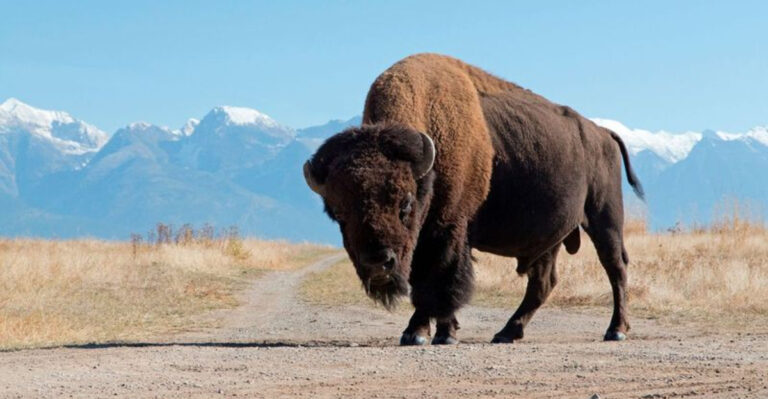10 Essential Tips To Help You Choose The Right Horse
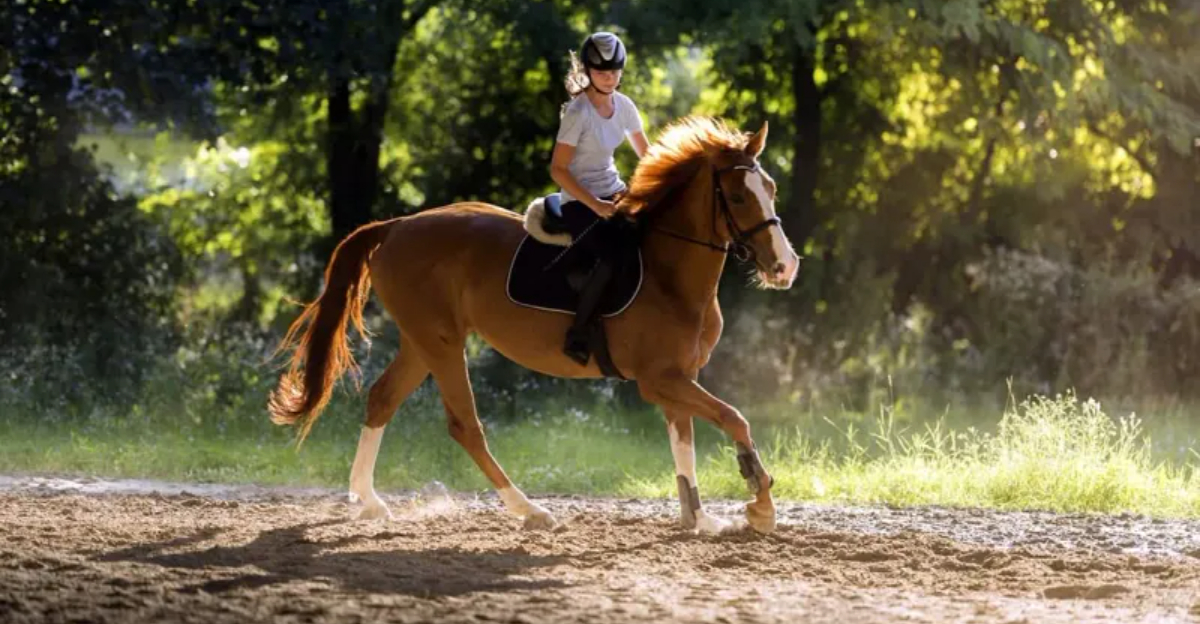
Choosing the right horse is an exciting yet challenging endeavor. Whether you’re a seasoned equestrian or a beginner, finding a horse that suits your needs and lifestyle is crucial.
From understanding your riding goals to assessing a horse’s temperament, these insights will help ensure a successful and rewarding partnership.
1. Look For Compatibility
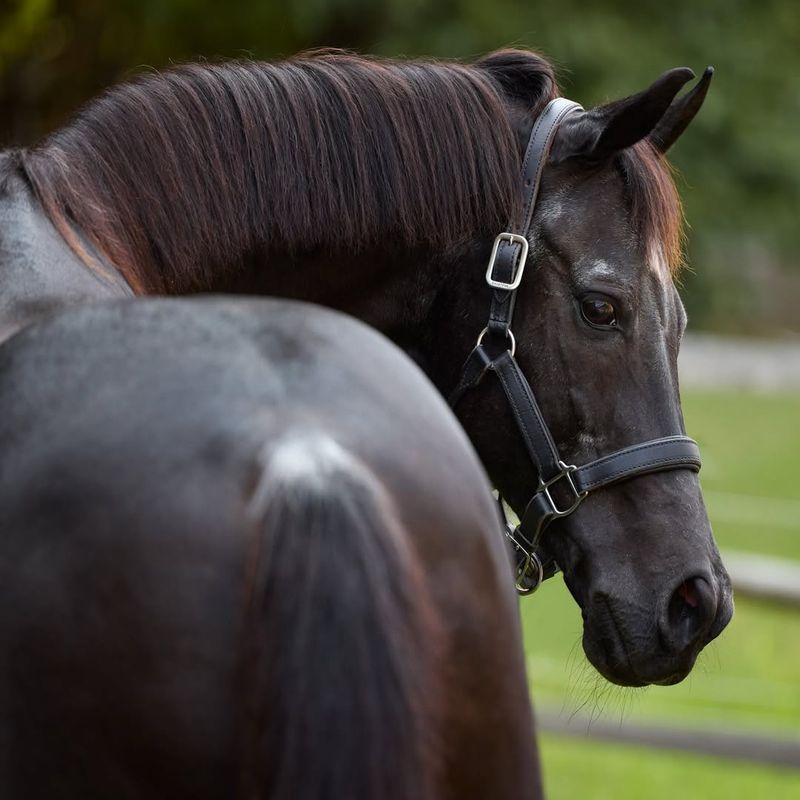
Compatibility is key when choosing a horse, much like finding a friend or a partner. Spend time observing how the horse interacts with other horses and humans. Do they seem gentle, social, or independent?
Consider if their personality aligns with your own. Age and experience play a role too. A young, energetic horse might not suit a beginner, while a seasoned rider may relish the challenge. Prioritize understanding for a harmonious partnership.
2. Evaluate Size And Build
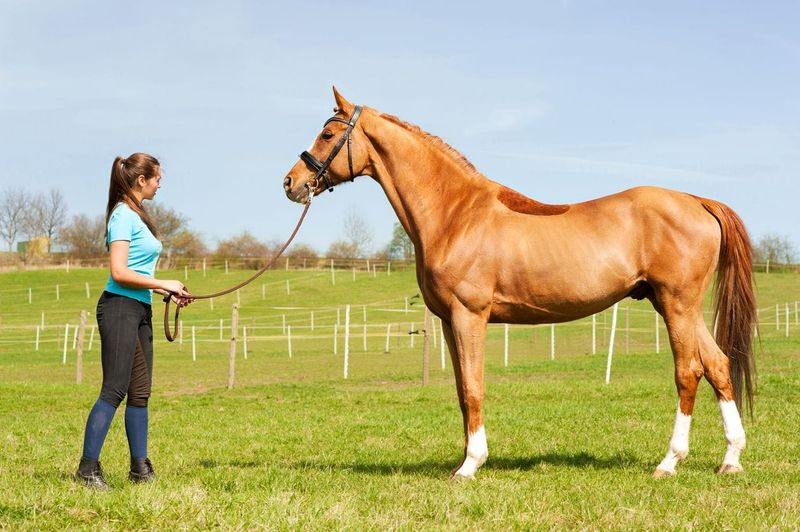
The size and build of a horse should align with your physical attributes and riding style. A horse that is too large or small can affect your comfort and effectiveness in riding. When selecting a horse, consider its height, weight, and overall conformation to ensure a good match.
For instance, a taller rider might require a horse with more height and substance to maintain balance and control, while a smaller rider might feel more at ease on a compact horse. The horse’s build can also influence its agility, endurance, and ability to perform specific tasks.
3. Check Physical Condition
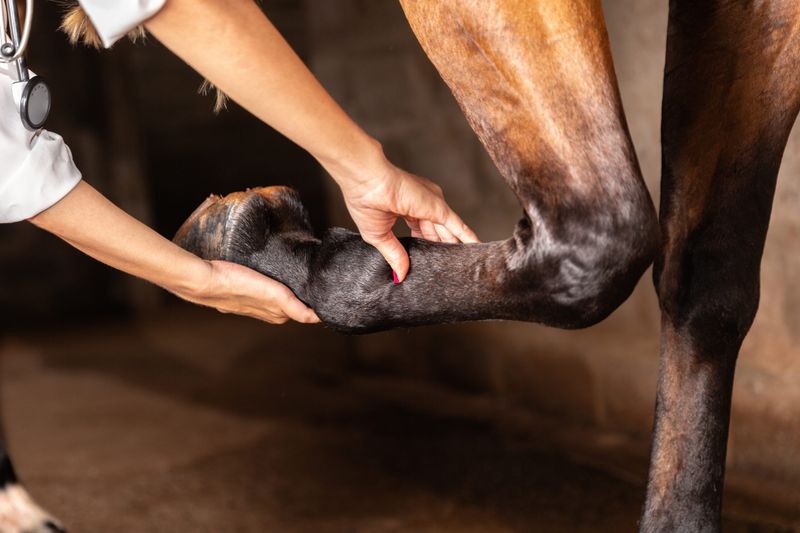
The physical condition of a horse is paramount in determining its suitability. A healthy horse exhibits a shiny coat, strong hooves, and bright, attentive eyes. Before making a purchase, it’s wise to have a qualified veterinarian conduct a thorough examination to uncover any hidden health issues.
During the vet check, specific attention is given to the horse’s limbs and joints to ensure there are no signs of lameness or arthritis, which could affect its performance and longevity. Additionally, the vet will evaluate the horse’s dental health, as teeth problems can impact feeding and overall well-being.
4. Consider The Horse’s Experience
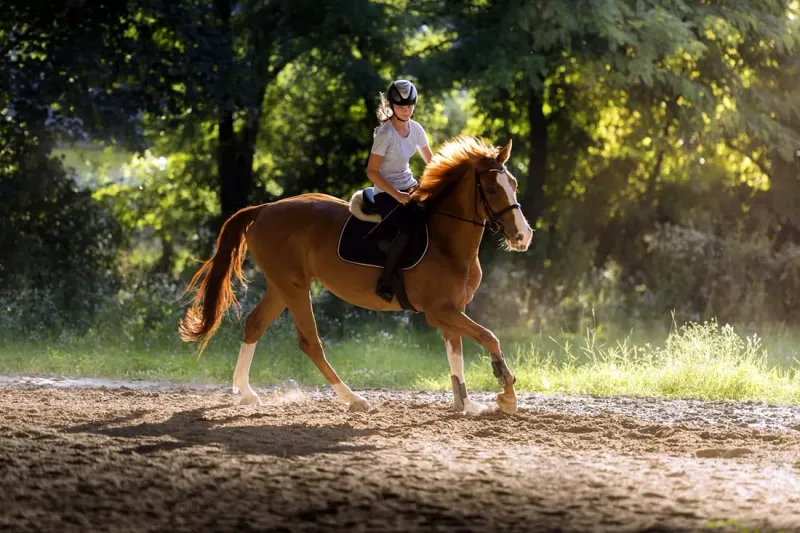
The experience level of a horse plays a significant role in its suitability for your needs, especially if you have specific equestrian activities in mind. A horse with a proven track record in a particular discipline can provide confidence and guidance, making it a valuable ally in pursuing your goals.
When evaluating a horse’s experience, consider its past training and accomplishments. A horse trained in dressage, for instance, will have skills different from one specializing in trail riding.
5. Define Your Riding Goals
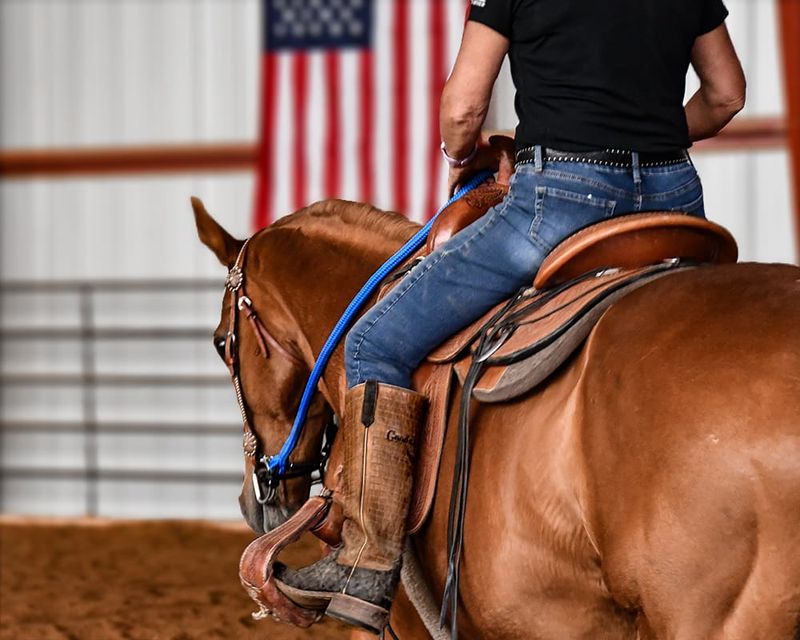
Before plunging into the horse-hunting process, it’s vital to clearly define what you’re looking to achieve with your new equine companion. Are you interested in leisurely trail rides on weekends, or are you aiming to compete in show jumping events?
Identifying your riding goals is the first step in narrowing down the myriad of options available. Each horse has unique abilities and strengths, and aligning these with your personal objectives is crucial.
A seasoned competitor might require a horse with experience and agility, while a beginner might benefit from a calm, well-mannered horse that can teach them the basics.
6. Assess Horse Temperament
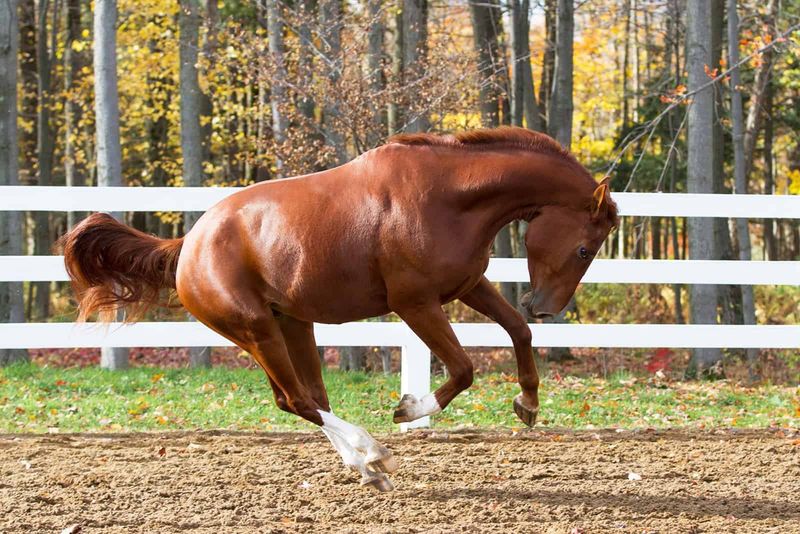
Temperament is a critical factor when choosing a horse. It can greatly influence your riding experience and safety. Horses, like humans, have personalities that range from tranquil to spirited. Understanding a horse’s temperament allows you to select a partner that matches your comfort level and riding skills.
For beginners, a horse with a calm and steady nature may be ideal, as it can help build confidence and provide a safer environment for learning. Experienced riders might enjoy a more spirited horse that challenges them and enhances their skills.
7. Observe Interaction With Handler
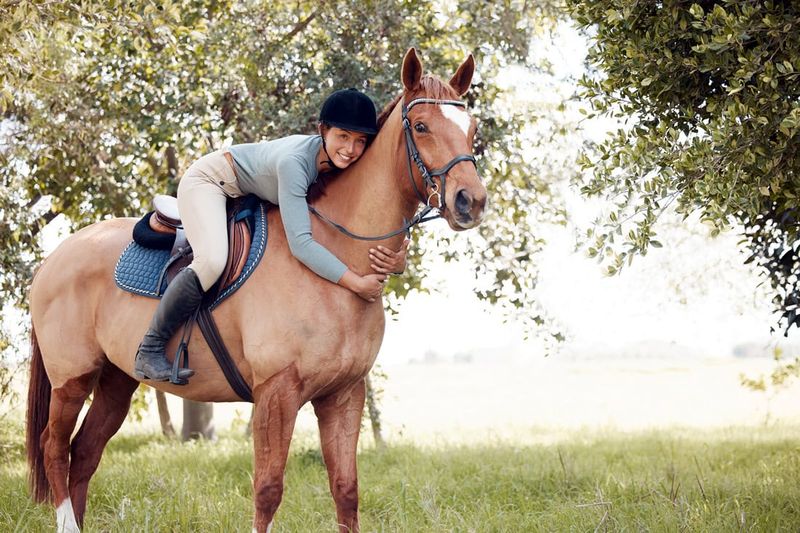
Observing the interaction between a horse and its handler can provide insights into its training and behavior. A horse that responds well to its handler, showing respect and willingness, is likely to be easier to work with and train. This dynamic is important for building a successful and trusting relationship.
Watch how the horse behaves during routine activities such as grooming, tacking up, and leading. Does it stand quietly, or does it show signs of nervousness or defiance?
8. Review Pedigree And Background

Understanding a horse’s pedigree and background can offer valuable information about its potential abilities and health. A horse’s lineage often indicates its aptitude for certain disciplines and its genetic predispositions, helping you make an informed decision.
Research the horse’s bloodlines to identify ancestors that excelled in areas relevant to your goals. This can provide assurance about the horse’s capabilities and temperament.
9. Trust Your Instincts
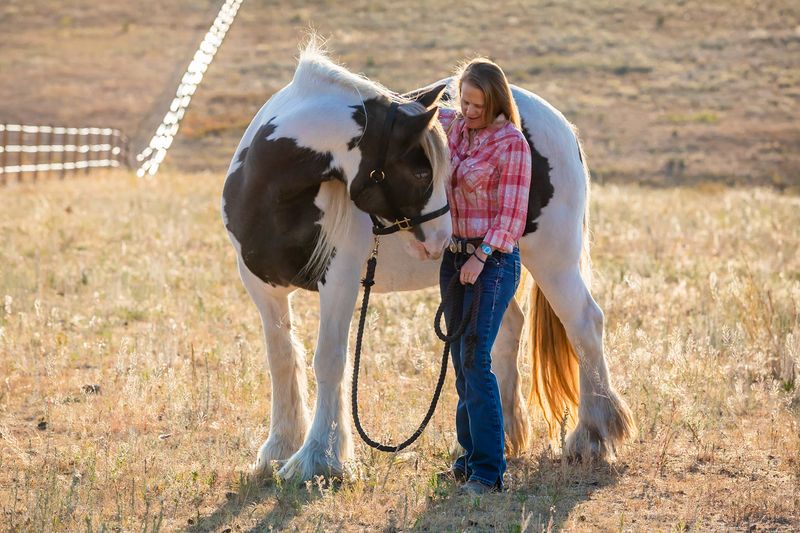
Trusting your instincts is an often underestimated yet vital part of choosing the right horse. While facts and expert advice are crucial, your personal feeling about a horse can play a significant role in the selection process. A gut feeling often reflects an unspoken understanding and connection between you and the horse.
When you meet a horse, pay attention to how you feel in its presence. Do you feel comfortable, safe, and excited about the prospect of a partnership? If something feels off, it might be worth reconsidering, even if the horse seems perfect on paper.
10. Consider Future Training Needs
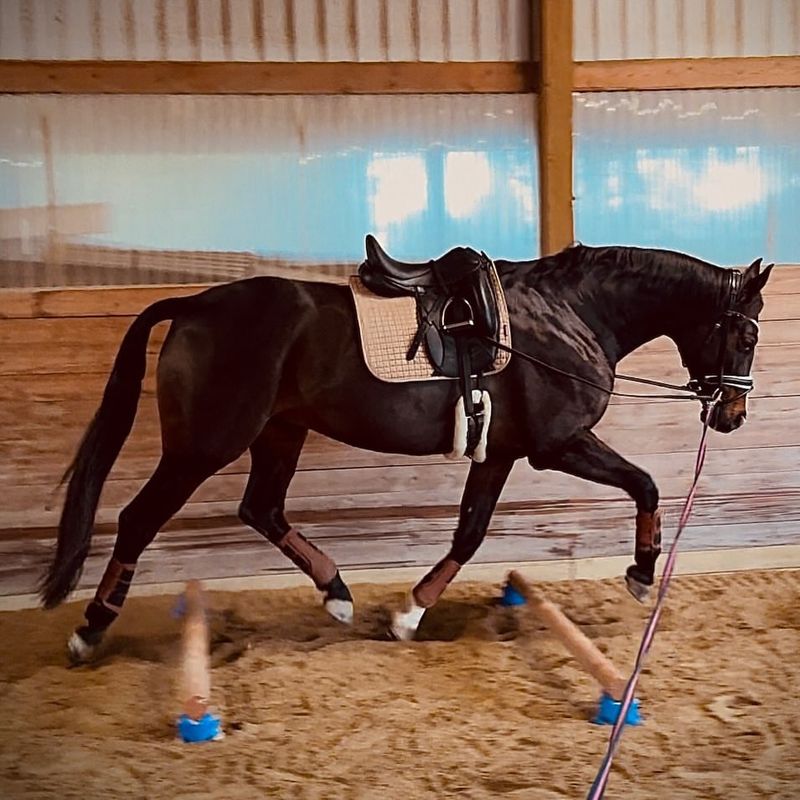
When selecting a horse, think about the future training you may want to engage in together. Whether you’re interested in dressage, jumping, or just leisurely trail rides, it’s important to consider how adaptable the horse is to different training methods.
Certain horses may excel in specific disciplines, so having a clear vision of what you want to achieve can guide your choice.
Furthermore, consider the horse’s current training level. A horse already trained in a particular area might offer a smoother transition into advanced techniques, while a less trained horse could provide a fresh start for customized training. Choose wisely!



